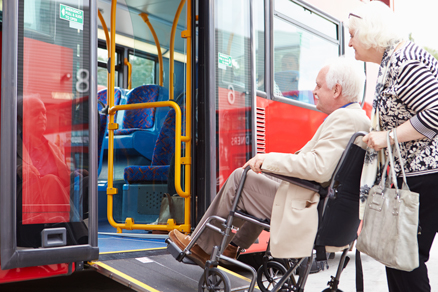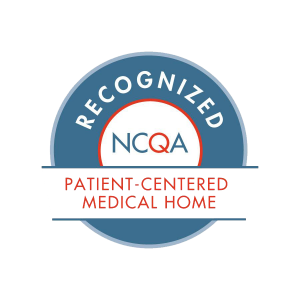
Will you still need me, will you still feed me, when I’m sixty-four?
John Lennon (1967)
Senior Community Resources are important to the health and well being of seniors. It starts in local communities.
Recreation, Social, Nutrition, Safety, and other services are available for older citizens in the communities where they live. Clackamas, Multnomah, and Washington County each are responsible for many of the general community resources for seniors. Local cities and towns may also have advocacy programs for older residents. Some are offered through the Parks Department, others are from non-profit organizations. Many are cooperative efforts. The state of Oregon has programs as well.
Transportation
Much of American life is centered on the automobile, for shopping or eating out, visiting family and friends, or going to clinic appointments. Yet aging brings medical problems with vision, mobility, reaction time, and judgment that makes driving difficult, and eventually too unsafe to continue. The Oregon Department of Motor Vehicles (DMV) can help with a Disabled Parking Permit. Their Medically At-Risk Driver program may help in making the decision of when to quit driving.
Seniors often rely on family members or friends for transportation. In the Portland area, there are some options. Many Retirement communities or Assisted Living facilities offer shuttle rides for planned group or individual travel.
Trimet (Bus, Light Rail, and Streetcar) is an option that works for many seniors, and the ‘Honored Citizen’discounted fares (less than half the regular cost!) for those 65 and older can make this even more affordable. Seniors with wheelchairs, scooters or other accessibility needs can make use of ramps or power lifts and specific priority seating areas on the buses, etc.
Trimet’s LIFT program is available for those who are unable to independently use bus or train service, and offers shared, scheduled door to door transport in small buses at a modestly higher cost than regular bus fare.
Ride Connections is a non-profit organization that uses volunteers and others to offer transportation assistance for senior and those with disabilities in the Tri-county area. As with the Trimet Lift program, these are scheduled ahead of time.
Senior Centers
Senior Centers have become important resources with widely used services for the aging population. Over 10,000 senior centers serve 1 million older adults every day in the US. Those Senior Center participants have higher levels of health, social interaction, and life satisfaction despite sometimes lower levels of income. Most are women, most are in mid 70’s. Most go a few times a week and spend a few hours, for things as diverse as Fitness and Wellness programs, Education, and Craft classes, Social and Recreation activities, as well as Meals.
Senior centers can be organized in many ways, and often rely on more than one financial support source to operate, including governmental (local, state, federal), and business and individual grants. They could not function without a great amount of Volunteer commitment as well.
Below are sites for some of the Senior Centers in our area. Try one out if you have not yet – to participate or to volunteer!
Beaverton/Tualatin Hills Park & Rec : Elsie Stuhr Center: (503) 629-6342
Canby Adult Center: (503) 266-2970
Oregon City: Pioneer Center (Senior Center): (503) 657-8287
Portland: Community Centers
Tigard: Senior Center information: (503) 620-4613
Tualatin: Juanita Pohl Senior Center: (503) 691-3061
National Council on Aging
Healthways SilverSneakers, Fitness Program
Meals On Wheels
The Meals on Wheels concept of delivering food to the homes of those in need has its roots in World War II England, with a post-war program starting in Great Britain in 1947. The idea spread to the U.S. in 1954. A 2008 Study by the Meals on Wheels Association of America (MOWAA) had surprising findings: 2.5 million older Americans are at significant risk for hunger, while twice that many (over 5 million, approximately 11.4% of seniors) have some food insecurity. Though the poor and minorities chances of hunger are increased, over 50% of all seniors who are at-risk of hunger have incomes above the poverty threshold, and over two-thirds of seniors at-risk of hunger are Caucasian. Seniors living in non-metropolitan areas are as likely to experience food insecurity as those in metropolitan areas.
Meals on Wheels programs not only provide food to people isolated in their homes, many offer group meals in Senior Center or other settings (“congregate meals”). While delivered meals are usually reserved for those who have difficulty getting outside their homes due to injury, illness, or lack of mobility, group meals are usually open to all. Your finances are not part of the criteria to qualify for Meals on Wheels, though programs may ask for donations.
In Oregon, Meals on Wheels programs are offered by a wide range of volunteer organizations – Senior Centers, church based, or other non-profit groups. See below for a state wide index. Refer to the Senior Center section above for information for their group meal offerings.


